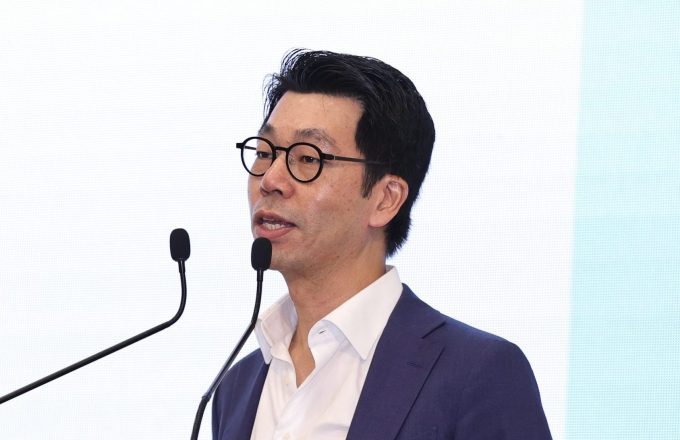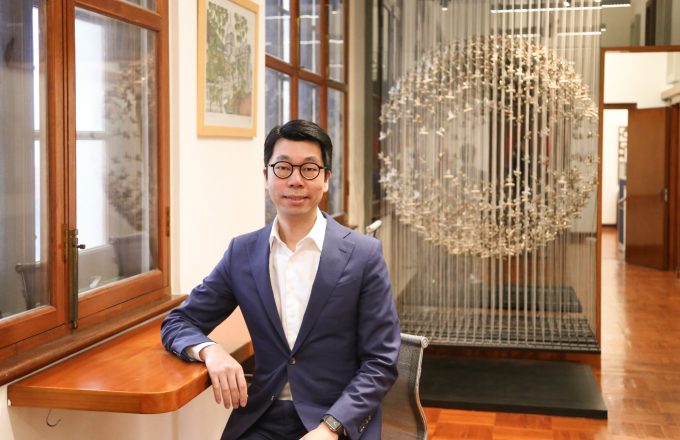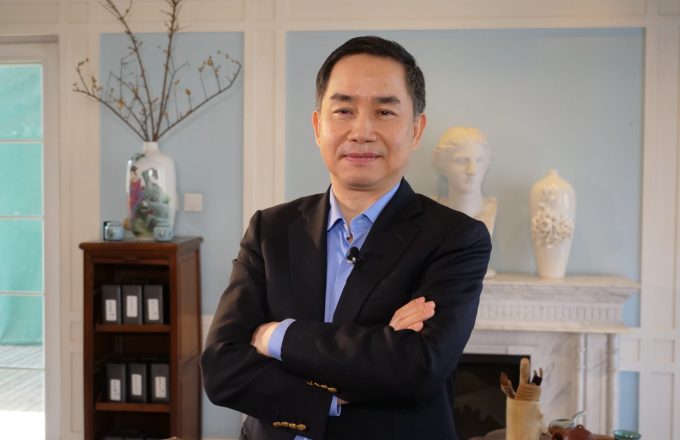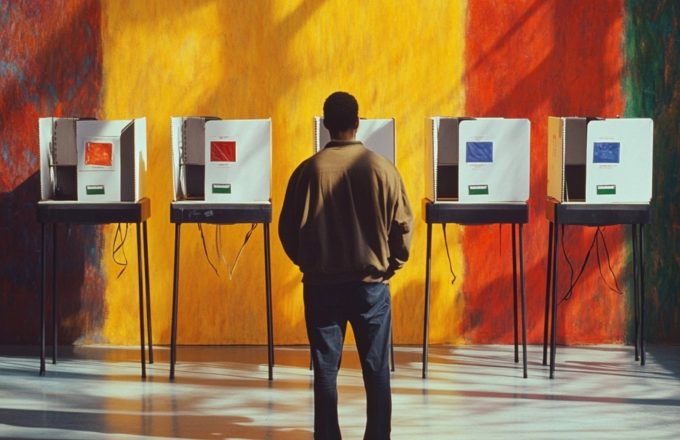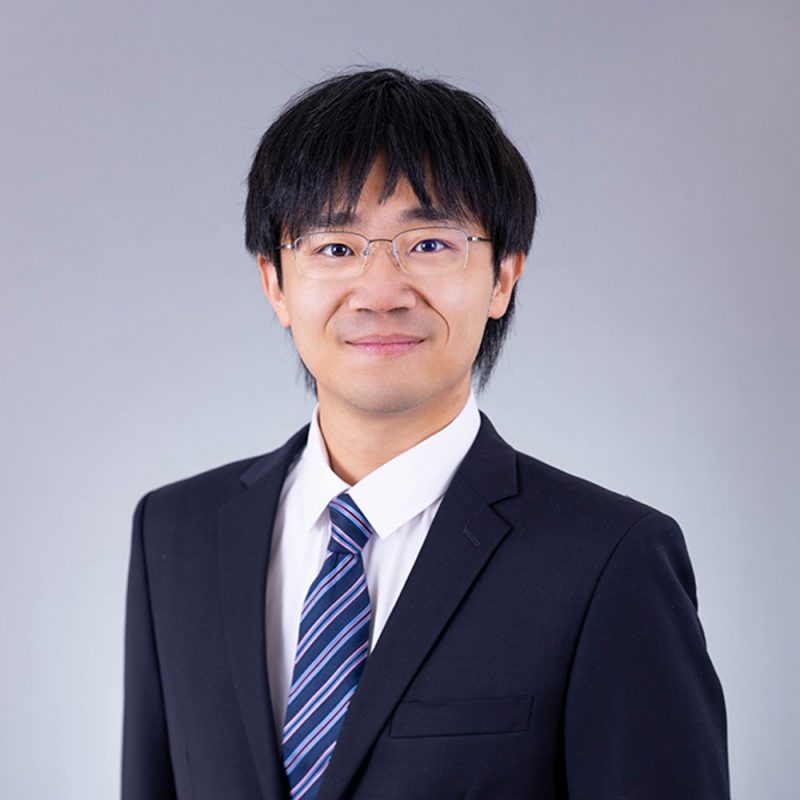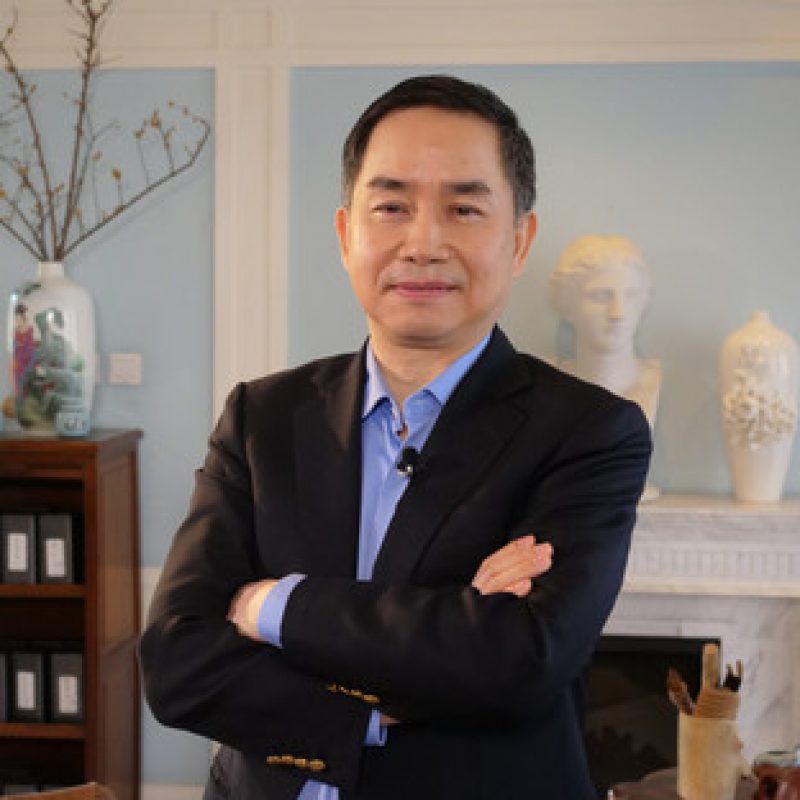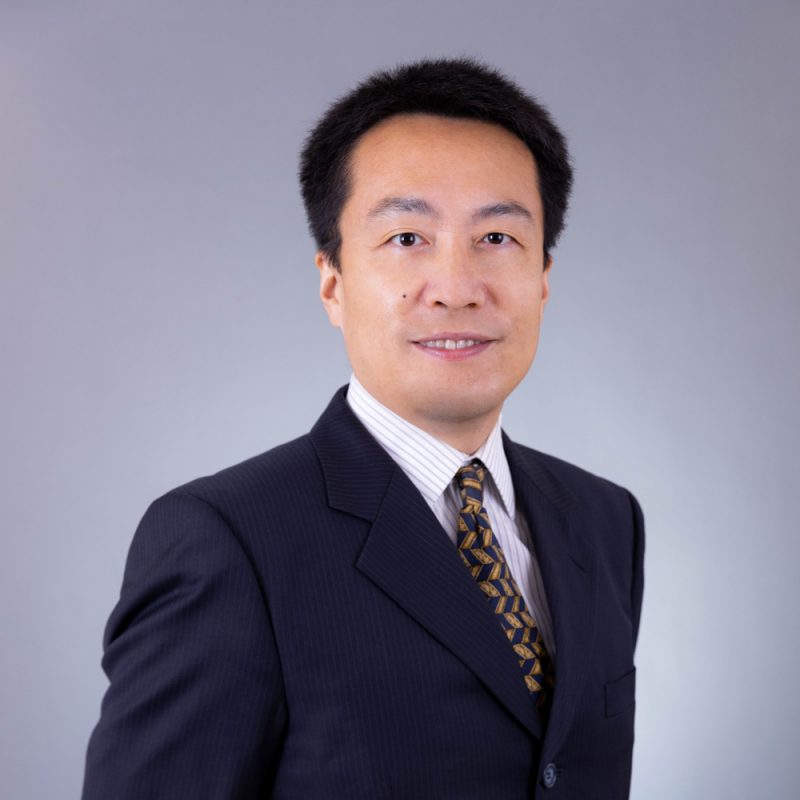In recent years, Hong Kong's economy has entered a period of uncertainty, with increasing reports of layoffs and business closures. However, while the public's perception of the job market is less than positive, the unemployment rate is kept at a low level. What is happening? The unemployment rate refers to the ratio of the number of unemployed individuals to the total labour force. Prof. Heiwai Tang, Associate Dean of HKU Business School and Director of the Asia Global Institute, explained that the low unemployment rate is largely due to recent emigration, which has decreased both the labour force and the number of unemployed individuals. He highlighted that ongoing business closures are likely to exert upward pressure on the unemployment rate. Many emigrants are skilled professionals, while new arrivals often prioritise settling their families, leading to job mismatches.
21 Oct 2024
Faculty
Hong Kong’s economy grapples with several long-standing structural challenges, such as monopolies by large corporations and an over-reliance on the financial sector, which presents a pressing need for economic diversification. Prof. Heiwai Tang, Associate Dean of HKU Business School and Director of the Asia Global Institute, notes that despite the Central Government’s push for multi-industry development, including high-tech advancements and enhancing collaboration with the Greater Bay Area, talent loss due to emigration and a conservative civil service culture are hindering significant breakthroughs. While the government has launched various talent attraction policies, such as the “Top Talent Pass Scheme”, Prof. Tang highlights the need for Hong Kong to attract leading enterprises to the city, which will naturally draw in the skilled professionals required for sustainable growth. As Hong Kong adapts to geopolitical shifts, a two-legged approach is recommended to strengthen its ties beyond the West, extending connections to ASEAN and the Middle East. This involves improving academic research and education related to Islamic culture and finance.
21 Oct 2024
Faculty
“Third-quarter numbers will likely disappoint more and underperform the second quarter’s 4.7 per cent year on year growth, piling on Beijing’s woes,” said Chen Zhiwu, chair professor of finance at the University of Hong Kong.
“This is why Beijing has been proactively introducing stimulus at the end of the third quarter.
21 Oct 2024
Faculty
Does a "free lunch" really exist? Some online shopping platforms let consumers disclose if they received products for free or at a discount when writing reviews. Although these reviews for free products are not the majority, they can energize online communities where reviews are limited. The lack of objectivity in free product reviews can trigger self-regulation within online communities, prompting more users to provide fair feedback. Voluntary disclosure policies can effectively boost the number of reviews at a lower cost than hiring experts to write positive reviews.
17 Oct 2024
Faculty
Recently, the People's Bank of China introduced a series of quantitative easing measures, including lowering the reserve requirement ratio and implementing swap facilities to support the stock market. These actions aim to address challenges in economic growth, prevent deflation, and inject liquidity to stimulate the stock market, countering investors' pessimism. However, despite strong stock market performance, the real economy faces challenges, with industrial profits dropping nearly 17% and consumer confidence declining steadily.
16 Oct 2024
Faculty
Will generative artificial intelligence (AI) become the next technology bubble? Or is it simply a short-term market adjustment? The rapid development of AI has attracted significant investment, yet many experts are raising alarms about a potential dotcom bubble. Some argue that AI companies are overvalued, with limited actual gains, urging investors to adopt a rational and objective approach to the sector's development.
9 Oct 2024
Faculty
Are environmental and social (ES) funds really voting in support of their claims? Each year, asset managers vote on various proposals from the companies in their investment portfolio on behalf of fund investors, who expect strong support for ES initiatives from these companies. However, in a recent research conducted by the author, Prof. Roni Michaely, along with Prof. Guillem Calafi-Ordonez, and Prof. Silvina Rubio, a surprising pattern has been identified. These ES funds often support proposals that are expected to pass or fail easily. However, when it comes to close votes—where their decision really matters—they tend to vote against these proposals.
4 Oct 2024
Faculty
The upcoming US presidential election is poised to be a historic one, with its outcome closely tied to economic performance. Recent events, including the Russia-Ukraine war, soaring inflation, and the US-China tech rivalry, have created a turbulent global landscape. Voters are primarily concerned with economic issues, employment, healthcare, and immigration.
2 Oct 2024
Faculty
China in 2017 laid out an ambitious plan to turn the Greater Bay Area into a high-tech powerhouse, aiming to rival Silicon Valley and Tokyo Bay. With 2035 set as the target, is the region on track to meet those goals, or are there hurdles slowing progress? Professor Heiwai Tang, the director of Asia Global Institute, discussed the prospects and challenges of the Greater Bay Area amid growing geopolitical rivalry in the region.
30 Sep 2024
Faculty






